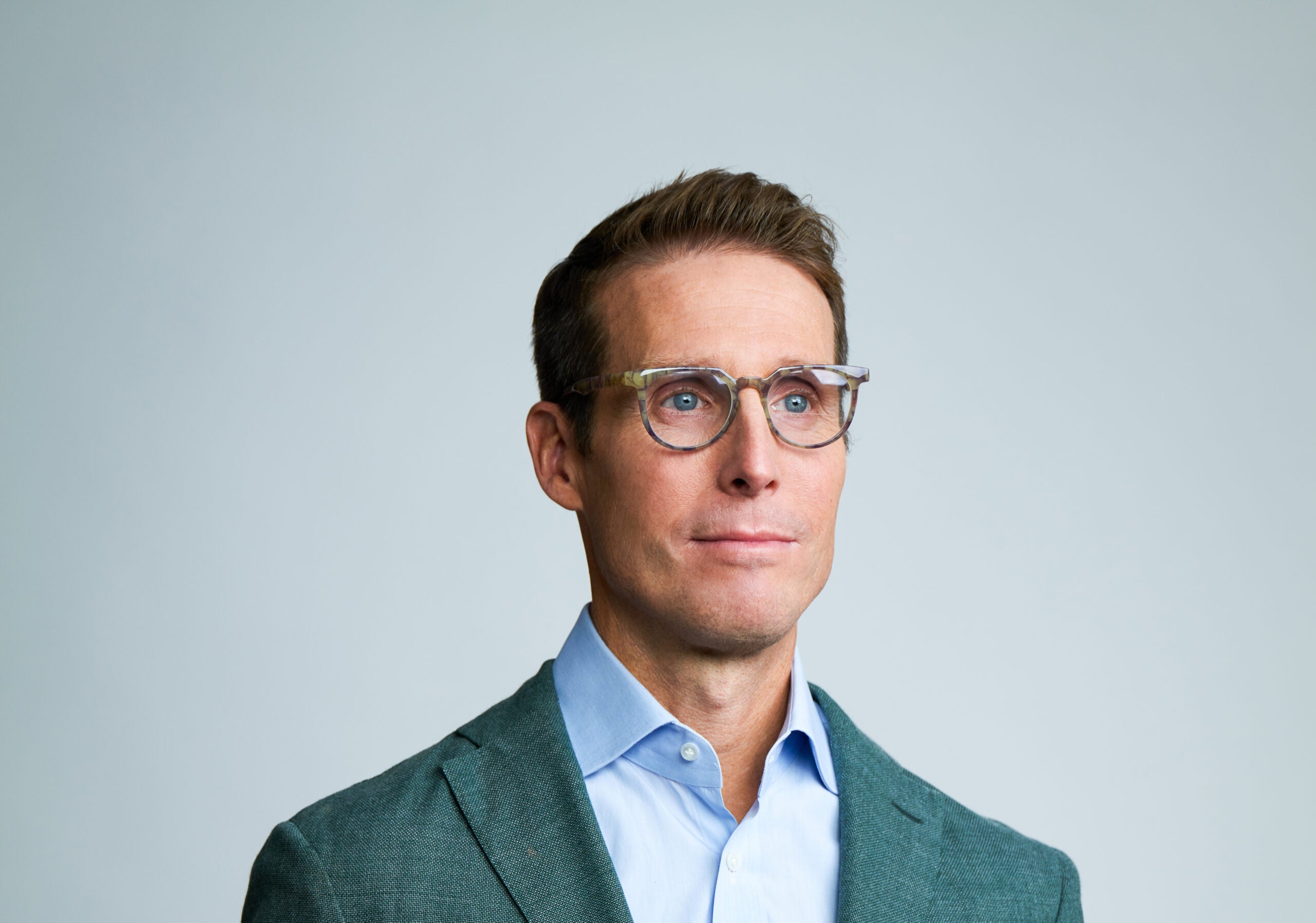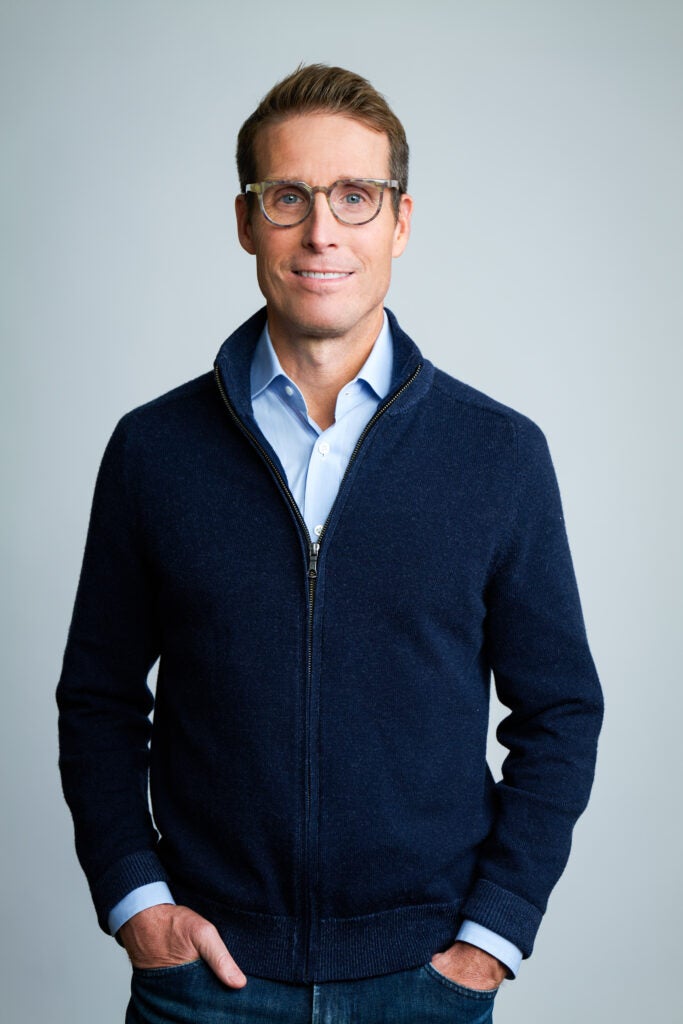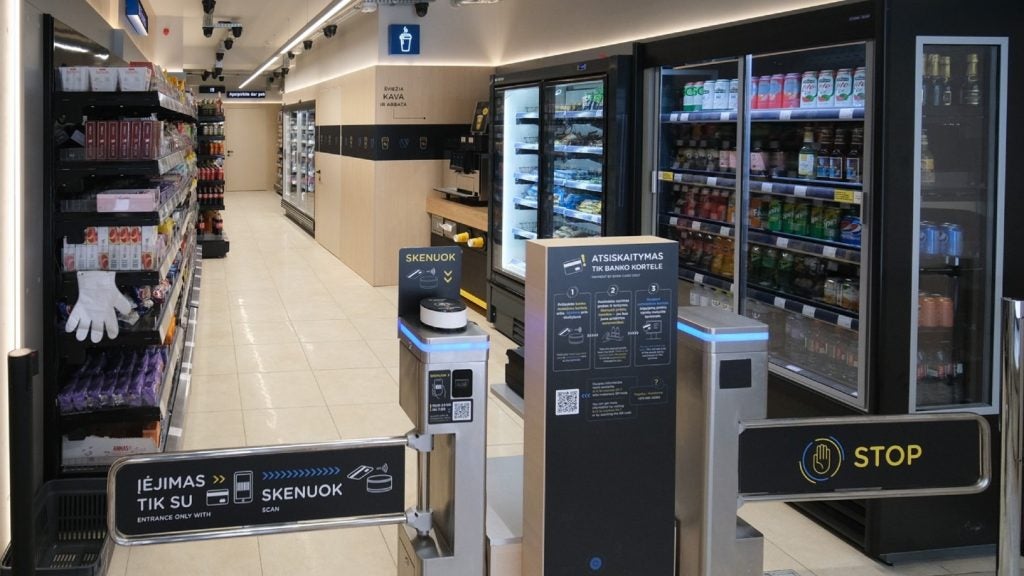
Andy Byrne is the CEO and co-founder of Clari, the fintech startup. Clari and its CEO are among a smattering of fintech innovators in the revenue operations, or RevOps, space. That means the company is basically trying to use technology to help its clients maximise profit from revenue.
Unsurprisingly, enabling companies to make more money is a compelling proposition for both clients and investors. Clari and its CEO has been able to capitalise on this interest. The startup raised a $225m Series F funding round in January. The raise pushed the company’s valuation to $2.6bn.
Several well-known investors have backed Clari and its CEO so far. The list of backers includes Blackstone, Silver Lake, Light Street Capital, Maverick Capital, B Capital Group, Bain Capital Ventures, Madrona Ventures, Northgate Capital, Sapphire Ventures, Sequoia Capital, Sequoia Capital Global Equities and Tenaya Capital.
Fintech companies in general have enjoyed a huge investment boom over the past two years. Last year, venture capital investments into the fintech space skyrocketed to $84.52bn across 2,356 deals, according to data from research firm GlobalData. That’s up from the $30.71bn raised across 1,772 in 2020. It should be noted that experts are warning that the market is due for a correction following the accelerated investment levels seen during the pandemic.
Clari isn't the only RevOps solution out there. Atlanta-based SalesLoft raised $100m in January 2021 and the RevOps startup aptly named RevOps has been up and running in San Francisco since 2018.
How well do you really know your competitors?
Access the most comprehensive Company Profiles on the market, powered by GlobalData. Save hours of research. Gain competitive edge.

Thank you!
Your download email will arrive shortly
Not ready to buy yet? Download a free sample
We are confident about the unique quality of our Company Profiles. However, we want you to make the most beneficial decision for your business, so we offer a free sample that you can download by submitting the below form
By GlobalDataHowever, the Clari CEO is bullish about the startup's ability to stand out from the competition through a one-stop solution. Byrne tells Verdict in this latest in our series of our CEO Chat Q&As that he believes the company is onto something big.
The Clari CEO also dispels the myth that it's lonely at the top, reveals his biggest pet peeve and the strangest thing he's ever done for fun.

Eric Johansson: Tell us a bit about yourself. What did you do before founding the company?
Andy Byrne: I started my career as a sales development representative at a startup and went on to work at various sales related roles, before founding my first company, Timestock, in 2002, which was later acquired by Wily Technology/CA. I then spent seven years as VP of Business Development across EMEA and APAC at Clearwell Systems, which was later acquired by Symantec. All of these experiences later culminated in my realisation that there was an opportunity for a new class of enterprise software to run the end-to-end revenue process, which is when Clari was born.
Where did the idea come from?
In my earlier roles, I was always fascinated by the work the engineers sitting around me got to do. Watching them build technology that made a real world difference made me realise how vital technology can be. It made me want to change what I contributed to the world and, ultimately, is what led me to co-found Clari.
I saw how machine learning and AI could transform enterprise software, which made me see the opportunity for a new business. I saw that while revenue is without question the most important business process for any company, it was the last to be digitally transformed. I set out to change that, and now the world has Clari.
What's the biggest misconception people have about revops companies?
I think many people still hear RevOps and think it’s a “nice-to-have” as opposed to anything that might be deemed essential or truly transformational for their business. With so many buzz words floating around, and with new ones seemingly cropping up every other week especially as it relates to technology, it can be easy to dismiss the value that RevOps can bring your broader business.
How does Clari stand out from rival firms like RevOps?
There are a lot of tactical tools in the sales tech space, but Clari is the only platform that was purpose-built to run the end–to-end revenue process. The big aha moment for us was the realisation that revenue is not an outcome, it’s a process. In order to run your revenue like a process, you need one platform to run all of your revenue workflows.
Clari delivers revenue precision by connecting the revenue-critical people, processes, and systems to run the end-to-end revenue process. Business-level planning and strategy, forecasting, pipeline management, deal execution and coaching, and buyer alignment are made better with Clari’s revenue platform.
What's the most important thing happening in your field at the moment?
RevOps became even more strategic for revenue teams during the pandemic, as the need for visibility and control over the revenue process became essential, and with other global events continuing to shift and re-shape the business landscape. I expect this to continue for the foreseeable future.
The transparency and rigour of a modern revenue operations approach allows Clari customers to quickly pivot their go-to-market strategies to respond to changing market conditions. During the pandemic, we saw record usage and engagement with our platform, as revenue teams established more accountability and discipline across their different channels. The virtual selling environment isn’t going away and I expect usage to continue to grow exponentially as we adjust to the new normal of business.
What one piece of advice would you offer to other CEOs?
In my mind, the greatest trait of any CEO or leader is the ability to have empathy, which is why I try to anchor my leadership style in empathy and understanding. It’s so important to be empathetic as a leader because you have so many people counting on you and looking to learn from you. The ability to put yourself in someone else’s shoes and relate to them on a personal level is invaluable to any leader, and pays dividends when it comes to team morale and retention.
What’s the most surprising thing about your job?
What has surprised me the most is that being the CEO of a high-growth company isn’t as lonely as everyone makes it out to be. Some say being a CEO is the loneliest job in the world. It’s easy to see why people would assume this to be true, given you are at the top of the ladder and one of the sole people held responsible for anything that happens within the organisation – but in my experience, it’s just a myth. I am a strong advocate that if you surround yourself with the right people, you will never feel or be alone, and that’s certainly been the case for me.
What is the most important thing when you want to scale a company?
As a stage-one, early entrepreneur, you need to identify your three to five early adopters. Then love them, live with them and listen to them – the “three L’s” as I call them – and iterate as fast as you can to deliver value to them. You can call them early design partners. Then you just constantly outperform and over-deliver on their expectations. They’re going to shepherd you through to a purchase order. It might not be a big one, but at least you got a logo and some evidence that people are going to buy. That’s your foundation, which will help you grow your team and ultimately begin to scale.
What’s your biggest pet peeve?
Allowing distractions to take away your attention from a meeting. I feel strongly that if you are in a meeting you should be respectful of everyone who is making the time for the meeting by bringing your full self and your full attention to the meeting. Distractions are everywhere, and this has become even more pronounced as a result of the pandemic where everyone has been working remotely. It’s so easy to be distracted now by a text, an email, a Slack message, etc.
I readily admit I’ve been guilty of this and I’m trying to get better. I’m trying to make sure everyone at Clari is better about it, which is why at the start of every company-wide meeting, I remind everyone to close everything down and give their full attention to the meeting.
What’s the strangest thing you’ve ever done for fun?
I absolutely love the outdoors. Immersing myself in nature through all varieties of physical activity is therapeutic for me. Of all things I like to do outdoors, mountain biking is probably my favourite — it’s my church.
This may or may not be strange, but I’ve been known to set my sights on trails on private property from time to time, which adds a different element of the ride and a little extra thrill. Mountain biking is inherently an adrenaline sport, but the thrill of doing it without permission on private property adds a little bit of extra thrill.
GlobalData is the parent company of Verdict and its sister publications.



